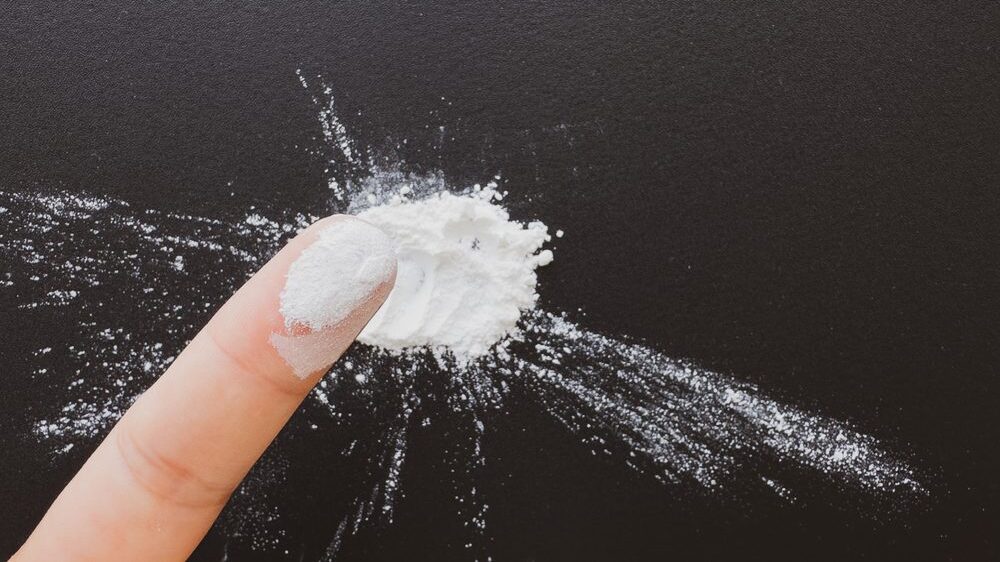
On Tuesday, July 18th, a Dutch court sentenced Alex S. to three-and-a-half years in prison for having sold the suicide drug ‘X’, which at least ten people used to end their lives. Between 2018 and 2021, the offender sold the drug to about 1,600 people.
The judge ruled he will be subject to a probation period of one and a half years on his sentence. The prosecution had requested four years. However, a slightly lighter sentence was given because Alex is autistic and suffers from suicidal thoughts. These conditions persuaded the judge to reduce his sentence.
It marks the first time that a non-licensed civilian has been prosecuted in the Netherlands for aiding people in committing suicide on a large scale.
“There is a careful procedure in the Netherlands,” the judge told Alex, “which should protect weak and vulnerable people from themselves and others and prevent people from hastily and involuntarily ending their lives.”
“You are not a doctor, not a pharmacist and not trained to handle medicine,” and yet you “manufactured suicide kits in a businesslike manner,” the judge told Alex.
By making it so “simply” available, people with suicidal thoughts could easily and “impulsively” end their lives, the judge stated, stressing this “could have been prevented with the right help.”
By pronouncing the sentence, the judge added, he wanted to “make it clear to everyone that stepping outside the framework of the law cannot be done with impunity.”
The judge went on to say he “very much resented” the defendant for “taking the lives of others so lightly.” His method of sending the drug was equally deserving of the judge’s reprobation. “By sending it through mail in simple jars with a screw cap, the possibility can not be excluded that it got into the hands of children.”
As a result, he added, “a large quantity of the lethal drug is present in society,” making any supervision or control of its use impossible.
The judge described Alex’s motive for selling the drug as wanting to protest against the Dutch government, which he believes unfairly restricts citizens’ self-determination [to commit suicide]. Large packages of the unnamed drug (which is available at some wholesalers) were found in Alex’s apartment, as well as machines to seal the suicide kits.
The defendant was “shocked” by his sentence, his lawyer Tom Gijsberts told RTL Nieuws, as he had hoped that the judge would be more lenient. Gijsberts also expressed his disappointment: “I understand that the court wants this not to happen again, but the judge did not sufficiently take into account Alex’s situation.”
The court also saw “clear evidence” that the Coöperatie Laatste Wil (CLW), an activist group promoting end-of-life self-determination, used Alex “as a convenient tool to achieve its goals.” He was “easily influenced” due to his “mental vulnerability,” his lawyer said during the trial. “He did not want to disappoint people and did not dare to say no,” he added. Some of the deals Alex closed after “living room meetings,” organized by CLW. Currently, several investigations into CLW members are ongoing; some of whom are accused of having themselves provided suicide drugs.
In 2002, the Netherlands was the first country in the world to legalize euthanasia if certain conditions were met. Under the law, doctors are neither obliged to perform such a procedure nor do patients have an absolute right to it, as consultation with a medical professional is required.
As of July 19th 2023, the procedure is now legal in seven countries: Belgium, Luxembourg, Canada, New Zealand, Spain, the Netherlands, and Colombia.
